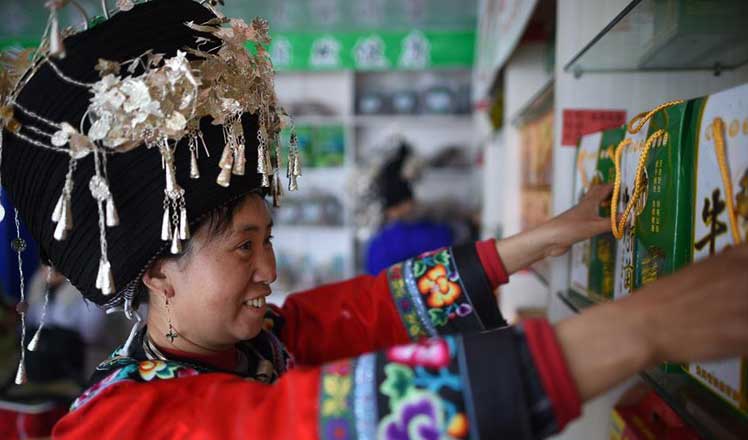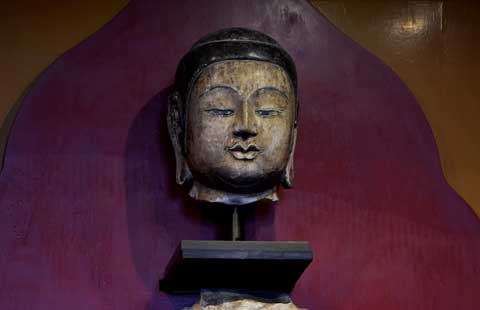New laws speeding through under legislative relaxation
Updated: 2016-02-28 15:43
(Xinhua)
|
||||||||
GUARDIAN OF REFORM
The reason why the legislature is working to such a packed schedule largely lies in the leadership's resolve to promote the rule of law and ensure the legitimacy of the ongoing reform.
Since a blueprint to promote the rule of law was adopted at a key Party session in 2014, bills of law amendment or legal authorization related to reform policies have flooded in.
Now almost all major reforms and new pilot projects look for the legislature's authorization.
The latest act of this kind was a State Council motion to no longer require firms to get approval for stock listings on the Shanghai and Shenzhen bourses. Lawmakers examined and adopted a motion requiring firms to merely register their intentions at the bi-monthly legislative session in December.
If a reform policy involves minor deviation from a law, it will be held until the legislature look into this issue, mostly in the form of a bill that makes minor revisions to several related laws in a package so as to facilitate the new policy.
Last year the NPC Standing Committee's legislative affairs commission's economic law division reviewed six package bills that involved minor revisions to a total of 25 laws.
In the earlier stage of China's reform and opening-up drive since 1978, some reform policies initiated by the government might precede legal actions.
"After more than 30 years of reform, China is focused on deepening reform along the track of the rule of law," said Zhao Bingzhi, head of Beijing Normal University Law School.
"In the past, we have tended to pilot reforms first and then write them into law. Now we do the contrary -- we make or revise laws first before getting down to the trial programs," Liang Ying said.
This shift has come about as the Chinese public have become much more legally aware, and also as a result of lawmakers acknowledging national reform has entered a critical "deep water zone."
Another highlight of last year's legislation was several heavyweight security bills, such as draft laws concerning state security, cyber security and counter-terrorism.
These bills were another indication of the development of rule of law in China, Liang said.
- Venezuela, Qatar, Saudi Arabia, Russia to meet to stabilize oil market
- Gunman kills up to four in Kansas shooting spree
- Apple fights back in court, refusing to hack into iPhone for FBI
- Chinese may pursue Paramount stake
- S. Korea, US to launch working group on THAAD
- All bodies of plane crash victims recovered in Nepal

 Rural e-commerce developed to promote local products in SW China
Rural e-commerce developed to promote local products in SW China
 Things you should know about the 2016 G20 meeting
Things you should know about the 2016 G20 meeting
 Walk down memory lane: Rural China in 1980s
Walk down memory lane: Rural China in 1980s
 A woman's artistic life
A woman's artistic life
 Milan fashion week opens with eclectic, embellished looks
Milan fashion week opens with eclectic, embellished looks
 Plastic-shirted Afghan boy gets signed jersey from Messi
Plastic-shirted Afghan boy gets signed jersey from Messi
 Adele steals the show at 2016 BRIT Awards
Adele steals the show at 2016 BRIT Awards
 Stolen Buddha head finally returns home
Stolen Buddha head finally returns home
Most Viewed
Editor's Picks

|

|

|

|

|

|
Today's Top News
What ends Jeb Bush's White House hopes
Investigation for Nicolas's campaign
Will US-ASEAN meeting be good for region?
Accentuate the positive in Sino-US relations
Dangerous games on peninsula will have no winner
National Art Museum showing 400 puppets in new exhibition
Finest Chinese porcelains expected to fetch over $28 million
Monkey portraits by Chinese ink painting masters
US Weekly

|

|







